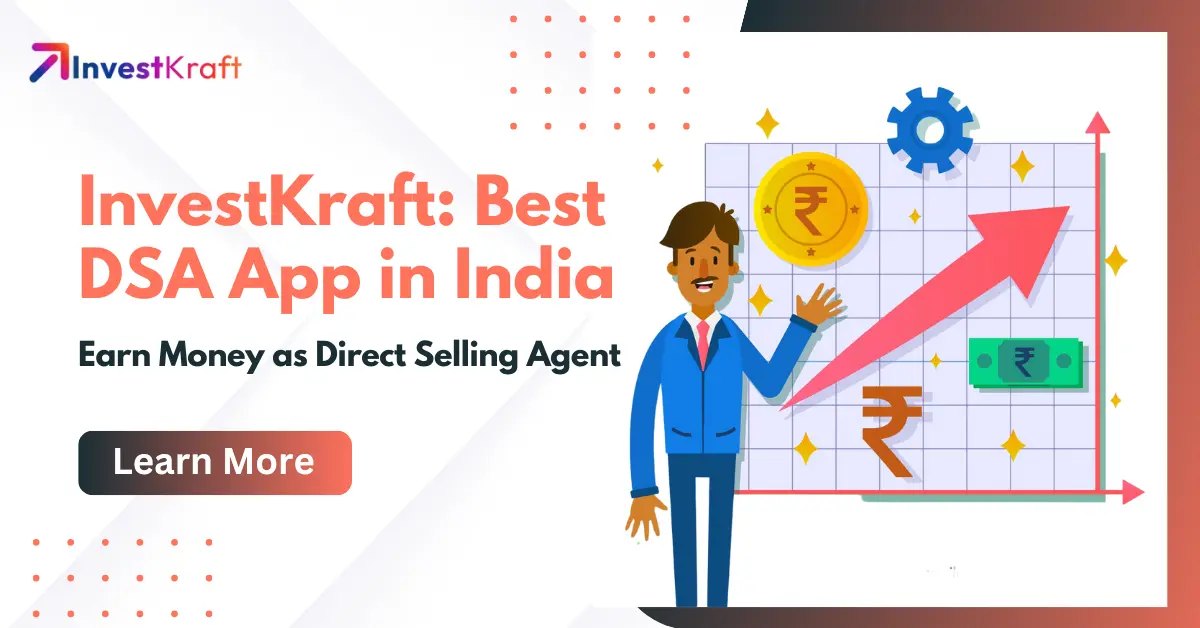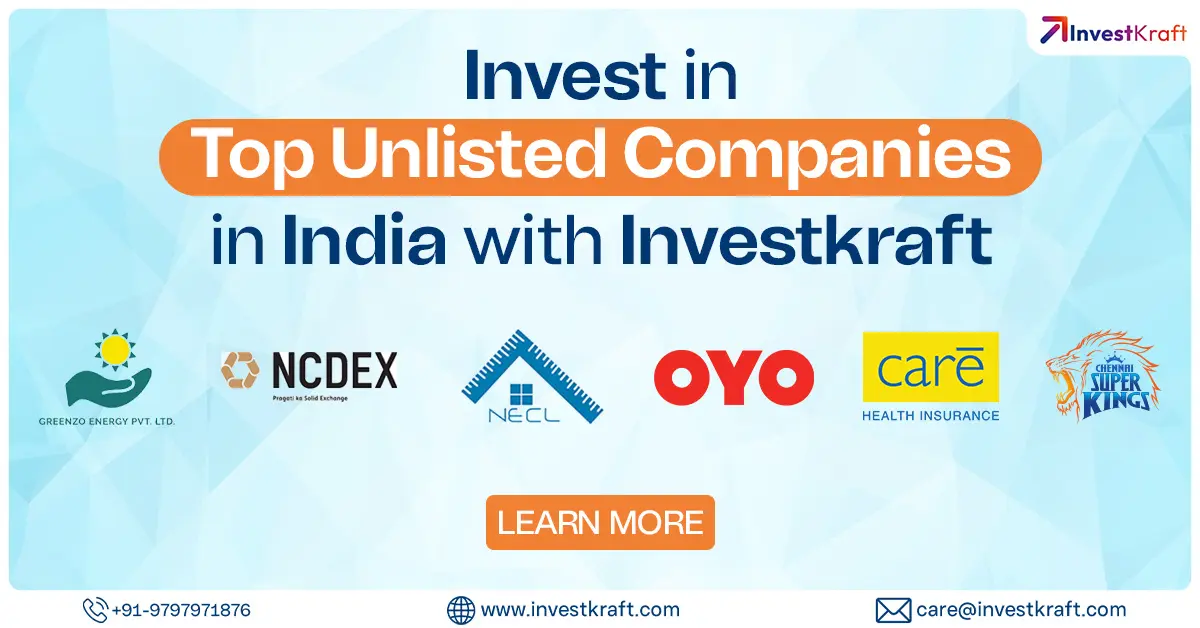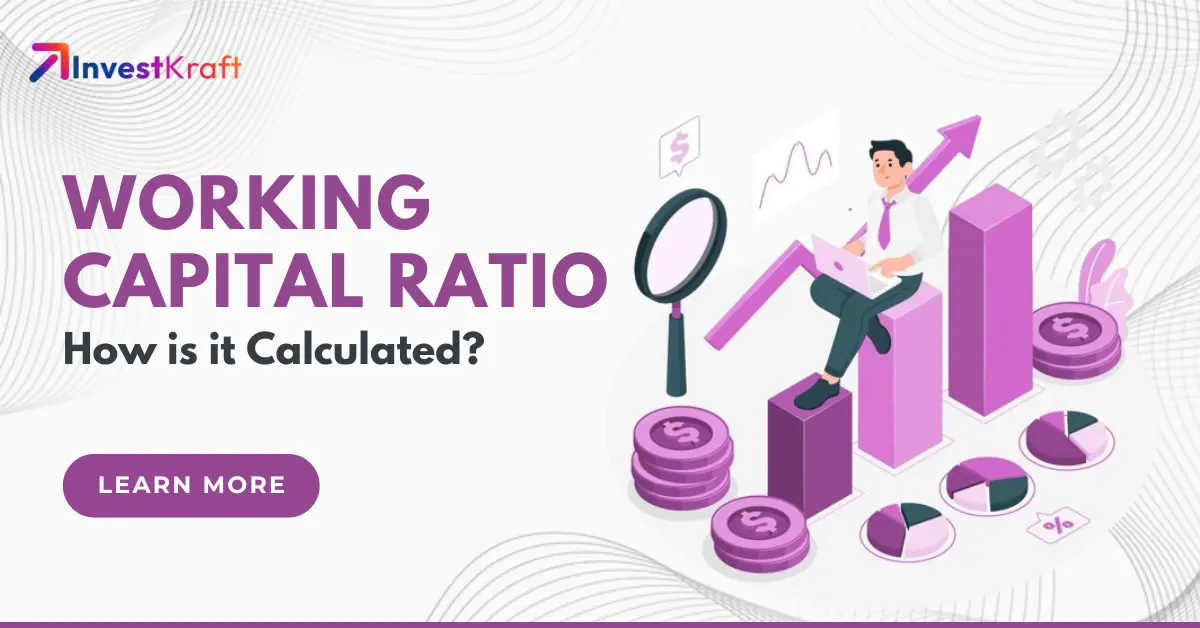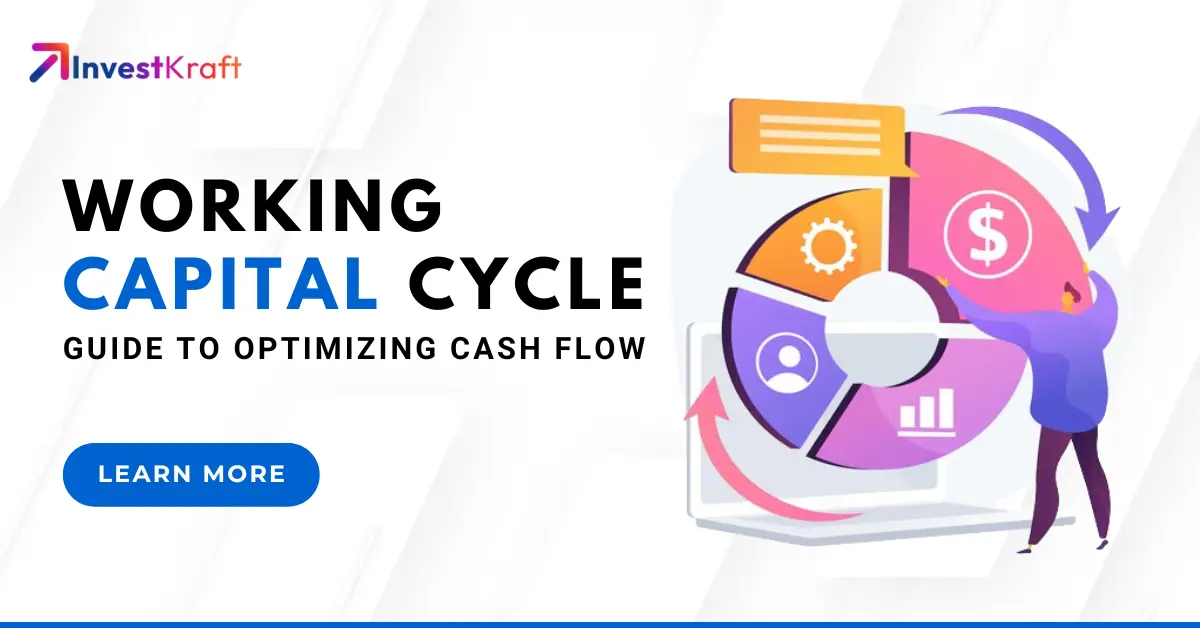Pros and Cons of Revolving Credit for Your Business

Pros and Cons of Revolving Credit for Your Business, In today’s competitive industrial environment, it is necessary for any business to have easy and seamless access to pave the way for the overall success and development of the business identity. Though there are several types of funding available to businesses these days, one popular way to secure funds is to adopt the path of revolving credit. The popularity of revolving credit has increased a lot in recent times among businesses of all types. In this post, we will delve deeper to know more about revolving credit and its associated elements.
What is a Revolving Credit?
A revolving credit is a kind of service provided by a bank to a business. It is a credit system that is established between a bank and business. A maximum amount is set up by the bank and the business is permitted to take out any amount within that set limit. This kind of credit service is known by other names like bank line, credit line, operating line, or just a revolver.
In the corporate world, a revolving credit is primarily used by businesses to manage their working capital. For example, a business may use this facility to manage intense changes in its cash flows and handle some unexpected expenses. Put simply, revolving credit service is of immense use for businesses that are facing cash crunch and needs funds to manage its operating expenses. Due to this high level of flexibility, this credit facility is considered a short-term financing for businesses.
Pros of Revolving Credit for Your Business 
1. Flexibility
One of the first and foremost benefits of revolving credit is that it enables businesses to use the available money for any purpose. Revolving credit lines enable businesses to take out money, give it back, and borrow extra money up to a specific maximum limit, quite contrary to conventional loan options. This way, businesses can say yes to easy and seamless management of unexpected financial needs without hampering their credit profile. For example, during the covid times when most industries got hit, this service helped many businesses to survive those tougher times.
Read More: Is It a Good Idea To Get a Personal Loan?
2. Aids in Building Business Credit
In order to get a revolving credit line or any other type of credit, a business needs to have strong financial stability over a period of time. Revolving credit helps businesses exhibit their credit reliability to banks and other financial institutions. This leads to the building of a higher credit score for businesses that help them get any type of credit in the future. Money lenders considered businesses with higher credit scores a good avenue for lending money for their needs.
3. Quick Access to Funds
For businesses, time holds the key to success and this is when it is necessary for them to have quick access to funds in the case of needs. This is where revolving credit is quite helpful as businesses can take credit anytime and the money will be credited in no time. This enables companies to manage different types of unexpected costs, leverage vendor rebates, and get involved in possibilities that ask for quicker funds.
Read More: Does a Business Credit Card Affect Personal Credit Score?
Cons of Using Revolving Credit
After knowing the pros of using revolving credit, it’s time to understand the disadvantages of using revolving credit.
1. Higher interest Rate
Since revolving credit gives businesses a high level of flexibility when it comes to arranging funds in the case of need, businesses should stay ready for the payment of higher interest rate against the borrowed amount. In most cases, revolving credit sometimes features variable interest rates in comparison to term loans that come with steady interest rates.
As a borrower, businesses must need to be aware of the fact that revolving credit comes with higher interest rates. This is particularly true when there is a high financial uncertainty or when the concurrent interest rates are on the higher side. The best way to deal with these higher interest rates is to activate smart budgeting and sensible financial management.
2. Chances of Overextending
One important factor to take into account when firms choose to use revolving credit is the danger of overextending. Although having the ability to access funds as required is a big benefit, it also makes it easier to be tempted to borrow more money than the company can afford. When companies take on more debt than they can manage to pay back or exceed their credit restrictions, this is known as overextending.
In order to reduce the possibility of overextending, companies need to handle their revolving credit carefully. This entails determining their actual funding requirements with great care, establishing reasonable credit limits, and putting in place strict financial controls. Businesses may take advantage of revolving credit without risking overstretching themselves by adhering to a disciplined approach to credit utilization.
3. Effect on Credit Score
While adopting the opportunity of revolving credit, businesses may face the risk of over utilizing the limit which may damage their credit score. Several elements like high credit utilization ratios, delayed payments, and other irresponsible credit attitudes tend to hamper a business credit score drastically which may affect their credit taking ability in the long run.
In a wide range of scenarios, a lower credit score may prevent a business from taking credit which may lead them to get credit at higher interest rates. Vigilance and a dedication to responsible financial practices are necessary to maintain a decent credit score.
Read More: Different Ways To Improve Your Credit Score For Free
FAQs
What Is The Main Purpose of Revolving Credit?
The major purpose of availing the revolving credit facility is to enable easy and seamless access to funds for businesses of all types. A revolving credit features a maximum cash limit and the borrower has the flexibility to choose any amount to withdraw up to the assigned limit.
What Are Different types of revolving credit for businesses?
There are mainly two types of revolving credit for businesses- secure and unsecured.
Whereas secured credit lines are "secured" by collateral, unsecured credit lines are not subject to collateral restrictions. Though it is the option that many entrepreneurs choose, the unsecured option has stricter qualifying requirements than its counterpart.
Is there any difference between a revolving line of credit and a line of credit?
Conventional business credit lines have an expiry date, after which the borrower's account is cancelled and they must return the whole amount borrowed. Conversely, revolving lines of credit have no expiration date and give the borrower continuous access to funds until the lender or the borrower ends the account.
Revolving credit lines may be abruptly cancelled if you experience financial difficulties or if your lender is acquired by another company. In certain situations, you'll receive notification of the event along with a deadline for paying back the loan balance.
The Conclusion
Though there are numerous benefits of revolving credit for today’s businesses, they need to stay cautious while utilizing their revolving credit limit. When it comes to using revolving credit, businesses should also look at the cons associated with revolving credit line as when used miserably, this service tends to cause more damage than doing any short-term goods.
In the end, the choice to use revolving credit should be in line with the particular needs and objectives of the company. Revolving credit, when used properly, may be an effective instrument for managing the challenges of company finance and offer the liquidity required to prosper in cutthroat marketplaces.
Verify Phone Number
Related Post

InvestKraft: Best DSA App in India to Earn Money as a Direct Selling Agent
In India's dynamic financial sector, growth and income generation opportunities constantly evo...
Read more...
How to Earn Money Selling Loans and Insurance Online in 2025
Imagine earning lakhs from home—no office, no boss, just you and a smartphone. In 2025, sellin...
Read more...
25 Best Money-Earning Apps in India 2025 – No Investment Needed!
Want to turn your smartphone into a cash machine in 2025? India’s app scene is buzzing with free, no...
Read more...
Everything You Need to Know About Digital Gold Investments in 2025
Gold has been a trusted store of wealth for centuries, but in 2025, it’s getting a modern upgr...
Read more...
Guide to Unlisted Shares in India 2025: Opportunities, Risks, and How to Invest
Wondering how to tap into India's next big investment wave? Unlisted shares might be your answer.Wha...
Read more...
Top 10 Websites to Earn Money Online in India 2025
India’s digital economy is on fire—online earning platforms gained 25 million users in 2024, with in...
Read more...
InvestKraft Partner App: 5 Powerful Reasons to Download & Start Earning Today!
In today’s fast-paced financial world, having the right tools can make all the difference. Whe...
Read more...
5 Key Trends Redefining the BFSI Sector in India 2025
Banking, Financial Services, and Insurance (BFSI) sector in India is undergoing a transformative pha...
Read more...
How to Check If Your Business is Running Smoothly by Assessing Your Working Capital Ratio?
To fully understand your company’s performance, examining various metrics that shed light on differe...
Read more...
Understanding the Lifeblood of Business Called “Working Capital Cycle”
The working capital cycle, which measures how quickly a business can convert its current assets into...
Read more...Reach out to our Experts if you have any Doubts
Like the best things in life, Consultations @InvestKraft are free
Drop a Mail or give us a Missed Call & Begin your Investment Journey here



